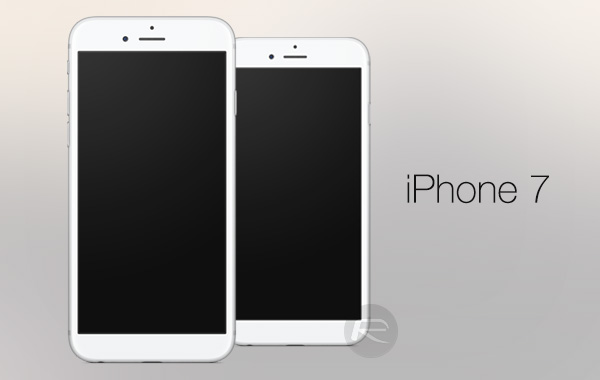Speculation regarding the “iPhone 7” – or whatever Apple chooses to call it – is already rife even though it’s likely going to be another eight or nine months until Apple officially unveils it. After all, the iPhone 6s and iPhone 6s Plus have only been in our lives since October. As we approach the beginning of 2016, the latest speculation coming out of Taiwan echoes previous waterproof-related rumors, and goes one step further by suggesting that Apple’s next iPhone could sport some new antenna-centric technology.
The news regarding this latest speculative features that could potentially ship with Apple’s next-generation iPhone focuses on the supplier of the chassis for the smartphone and the benefits that the particular choice will bring to the consumer. Specifically, it suggests that Catcher Technology will be responsible for the external casing of the iPhone 7 when it goes into mass production.

The external chassis that will be used for the next iPhone is said to offer full waterproof capabilities, which is something that has been widely discussed ever since the launch of the current flagship model iPhones. The casing is also said to be built with new technologies that will assist in entirely concealing the visible antenna that is integrated into the device. We’ve heard rumors in the past which suggested that Apple has invented its own new form of metal alloy for the casing of the next iPhone to negate the need for those plastic bands that we currently have on the back of the iPhone 6 and 6s series. Catcher Technology’s “new compound materials” could be the key to that development.

The possibilities of seeing the antenna of the iPhone actually built into the device’s casing, and having that external case manufactured from a new type of “non-metal” material would provide a number of benefits for Apple. Firstly, it could finally market the device as being officially waterproof, but it could also significantly reduce costs involved in manufacturing as it would mean a move away from the 7000 series aluminum that was implemented into the iPhone 6s and 6s Plus for structural stability reasons.
As we move closer to an actual reveal it’s likely that we’ll learn a lot more about the materials used in the manufacturing process of the next iPhone. For now, this is purely speculation with no mention of the actual source behind the rumor, but it’s definitely not a suggestion that is beyond possibility.
(Source: DigiTimes)
You can follow us on Twitter, add us to your circle on Google+ or like our Facebook page to keep yourself updated on all the latest from Microsoft, Google, Apple and the Web.

